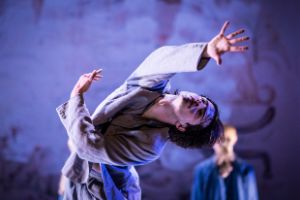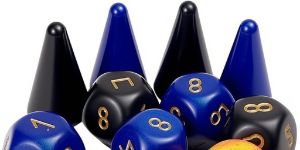

Agnieszka Kurant, Quasi Objects, 2024 © Agnieszka Kurant
Agnieszka Kurant
Quasi-Objects, 2024
Games are products of collective intelligence: they do not have individual authors, inventors or designers. There is no single person who invented football, the boomerang, skipping rope, dominoes, chess or tic-tac-toe. Games evolved in unpredictable ways through the collaboration of thousands of people from around the world over thousands of years. Like memes, they circulate and mutate. Game objects only make sense when they are played. They are part of the planetary community.
The installation Quasi-Objects looks at the history of games from the perspective of subjectivity and collectivity. It consists of a map showing images and descriptions of various game objects from the history of human civilisation and their development over time. This is accompanied by a series of hybrid sculptures generated by a neural AI network trained by a dataset of images and descriptions. The AI generates fusions, amalgamations and speculations about selected game objects: those that once existed but no longer do, those that could have existed and those that might yet emerge in the future.
The title of the installation is based on a concept by the French philosopher Michel Serres, who considered circulating objects such as a ball or money as quasi-objects that embody agency and are able to “create collectives”. If they only remain with a single person, they lose their performative power. Kurant invites us to play with such objects, which are crossovers between chess, board games, ancient dice, balls, domino sets, Rubik’s cubes and other games. Playing with the quasi-objects also leads to speculation about how the games played in business and politics, for example, can be made more collective and fairer in the future. How will we play in the 22nd century, in parliament and on the playground, in social and private circles, in virtual and real life?
Agnieszka Kurant is a conceptual artist whose works explore the phenomena of collective and nonhuman intelligence. She lives and works in New York.
Neal Franc – Research
Anne Diestelkamp – Editor
Krzysztof Pyda – Map Design and Visualization
Krzysztof Smaga – Game and Objects fabrication